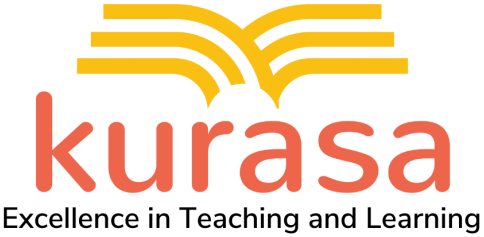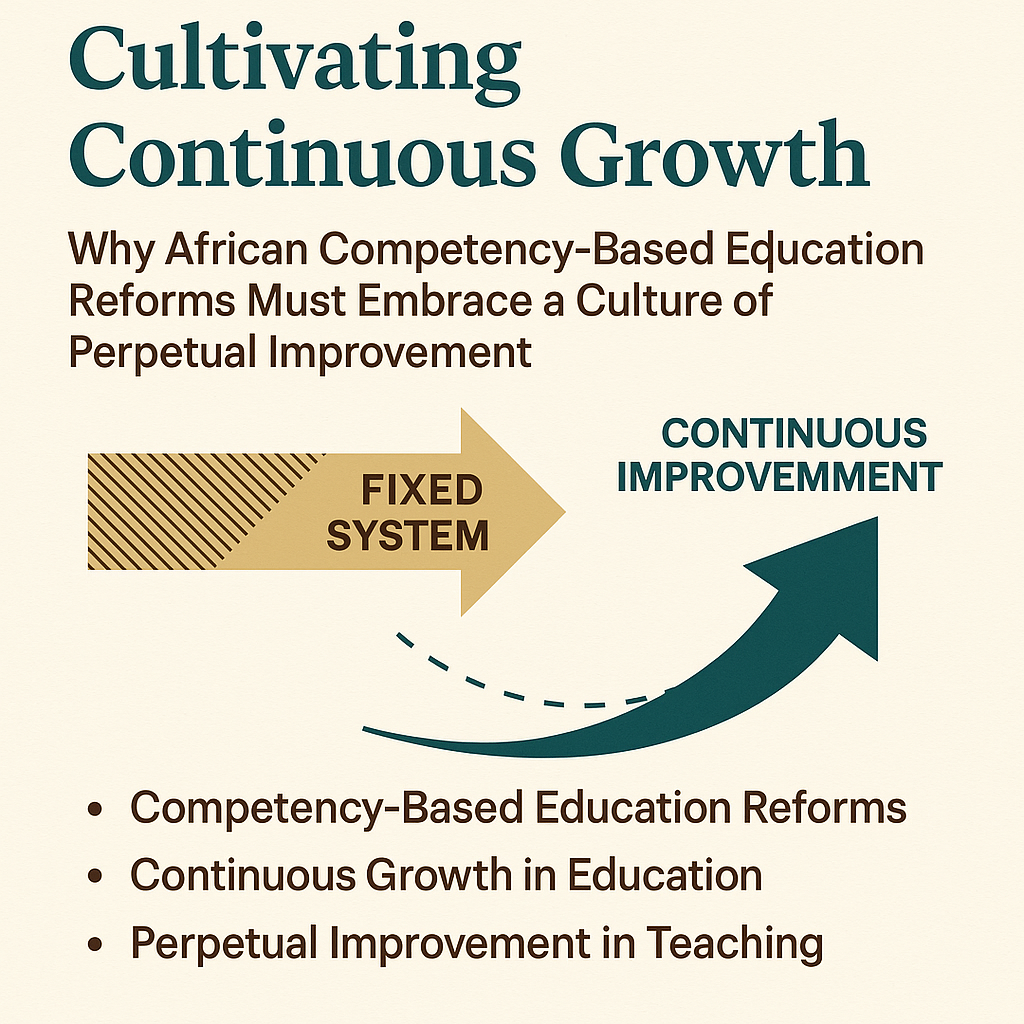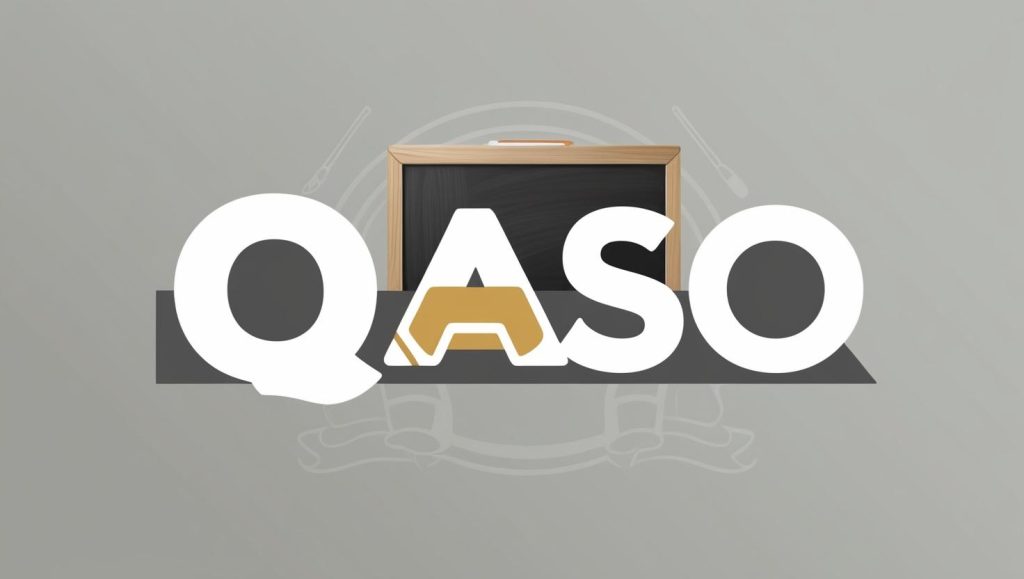
In the evolving landscape of education, the Competency-Based Curriculum (CBC) represents a paradigm shift from traditional education models, focusing on developing specific competencies in learners rather than merely covering a prescribed syllabus. At the heart of this innovative approach lies the pivotal role of formative assessments, tools that not only gauge the learning progress but also shape the educational journey in real time. This blog explores the critical role of formative assessments within CBC and offers insights into how teachers can optimize these tools for the betterment of educational outcomes.
Understanding Formative Assessments in CBC
Formative assessments are iterative, feedback-driven evaluations that occur during the learning process. Unlike summative assessments, which aim to evaluate learning at the end of an instructional period, formative assessments are designed to shape learning as it happens, providing immediate insights into student understanding, misconceptions, and skills.
In the context of CBC, formative assessments take on an even more critical role. They become the compass that guides the educational journey, ensuring that it is tailored to meet the unique needs and competencies of each learner. Through activities such as quizzes, discussions, peer reviews, and project-based assignments, educators can identify areas where students excel or struggle, allowing for real-time adjustments in teaching strategies and learning activities.
The Story of Mr. Kariuki: A Journey of Transformation
To illustrate the transformative power of formative assessments within CBC, consider the story of Mr. Kariuki, a seasoned educator at a high-end primary school in Kenya. Initially skeptical about the shift from traditional teaching methods to CBC, Mr. Kariuki soon became a fervent advocate for formative assessments.
Mr. Kariuki’s journey began with his realization that despite his efforts, not all students were reaching their full potential. Traditional exams provided a snapshot of what students had memorized, but little insight into their deeper understanding or application of knowledge. The introduction of formative assessments through Kurasa, a comprehensive educational tool, marked a turning point.
By incorporating regular quizzes, interactive discussions, and group projects into his teaching, Mr. Kariuki could see where students were excelling and where they needed additional support. This real-time feedback allowed him to tailor his lessons to address these gaps, fostering a more inclusive and adaptive learning environment. Over time, he observed a remarkable transformation: students were more engaged, confidence levels soared, and the overall performance of his class improved significantly.
Optimizing Formative Assessments for CBC
For educators like Mr. Kariuki looking to optimize formative assessments within the CBC framework, the following strategies can be instrumental:
- Leverage Technology: Tools like Kurasa provide a platform for creating, administering, and analyzing formative assessments efficiently. These technologies can facilitate personalized feedback and enable teachers to track the progress of each student over time.
- Encourage Reflective Learning: Formative assessments should be designed to encourage students to reflect on their learning processes. Techniques such as self-assessment and peer feedback can foster a growth mindset, where students see learning as a journey of continuous improvement.
- Align Assessments with Competencies: Ensure that formative assessments are directly aligned with the competencies being developed. This alignment guarantees that assessments are meaningful and that feedback is directly applicable to the skills and knowledge areas that matter most.
- Foster a Positive Learning Environment: The ultimate goal of formative assessments should be to support learning, not to penalize students for their weaknesses. Creating a classroom culture that values effort, improvement, and constructive feedback is essential for maximizing the benefits of formative assessments.
- Engage in Continuous Professional Development: Teachers should engage in ongoing professional development to refine their assessment strategies. Sharing best practices and learning from peers can lead to more effective and innovative uses of formative assessments.
Conclusion
Formative assessments are not merely tools for measurement; they are catalysts for transformation within the Competency-Based Curriculum. They offer a dynamic approach to education, where learning is personalized, reflective, and continuously evolving. By embracing and optimizing formative assessments, educators can unlock the full potential of CBC, creating a future where every learner is equipped with the competencies needed to succeed in an ever-changing world.
The story of Mr. Kariuki is but one example of the profound impact formative assessments can have. It serves as a reminder that at the core of educational innovation is the unwavering commitment of teachers to adapt, learn, and grow alongside their students. As we look towards the future, let us champion the role of formative assessments in shaping a more competent, confident, and capable generation.


